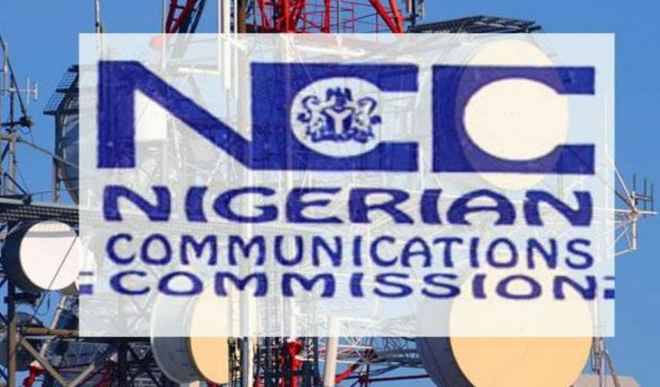N165bn interconnect debt: NCC sets deadline for payment to commence
The Nigerian Communications C o m m i s s i o n (NCC) said it has set mid-July, 2018 deadline for the commencement of payment of N165bn interconnect debt in the t e l e c o m m u n i c a t i o n s industry. Th e Executive Vice […]

The Nigerian Communications C o m m i s s i o n (NCC) said it has set mid-July, 2018 deadline for the commencement of payment of N165bn interconnect debt in the t e l e c o m m u n i c a t i o n s industry. Th e Executive Vice Chairman of the commission, Prof Umar Danbatta, disclosed this Th urdsday when the Association of Te l e c o m m u n i c a t i o n s Companies of Nigeria (ATCON) paid him a courtesy visit in Abuja. Interconnect debt results when an operator fails to settle the cost of termination of service rendered to it by another operator in the industry.
Prof Danbatta told newsmen that the regulatory agency mediated in the debt crisis because it realized the burden on the telecoms industry. He said, “On the realization of what this debt burden can do to the industry, we arranged a very important meeting of all the telecommunication companies, where we mediated. Th ere is a debt crisis in the industry but it is being managed very well. We all agreed at the meeting that pragmatic ways must be found to settle debt. “Deadline has been given, mid-July, for the payment plan to commence.
Debtors should start paying and those who are being owed should start receiving.” Prof Danbatta, meanwhile, urged state governments to ensure compliance to the National Economic Council’s resolution that specifies a tax of N125 per meter length of fibre deployment, as against the N8,000 or N9,000 that is being charge at the moment. He said the adherence to the NEC provision would ensure the deployment of more broadband capacity, which, in turn, empowers Nigerians in multitude of ways. Earlier, the president of ATCON, Mr Olusola Teniola, expressed concern over multiple taxation levied on telecoms operators in Nigeria, saying it serves as a disincentive to rollout broadband services to the 192 market gaps. “We need the taxes to be removed to encourage investments,” he said. He said the activities of unlicensed operators, who are creating price disparities in the market, is causing uncertainty for the licensed operators. “We have such operators who are operating unwholesome market in the internet space where really some of what they do is questionable…Th is create a bad reputation for the industry,” he added.
